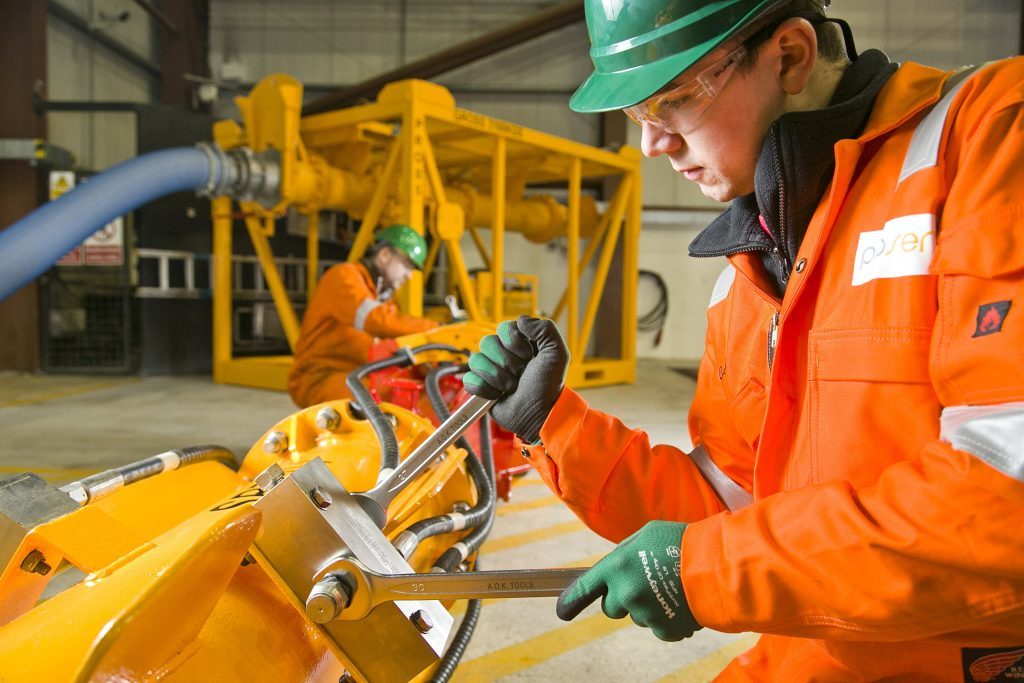
Aberdeenshire company Proserv said yesterday it had bagged three new contracts worth a total of nearly £2million for decommissioning work in the Norwegian North Sea.
The energy service firm’s Stavanger facility will provide cutting services as part of a full severance package covering subsea and topside work.
According to Proserv, which has its headquarters in Westhill, its cutting technology can save hours in well severance and plugging – leading to big savings in day rates offshore.
These latest awards build on other decommissioning successes for the company in recent months, with around £6.2million-worth of work having been secured for projects in Asia Pacific, the UK and Gulf of Mexico.
Proserv said the new decommissioning contracts would see it deliver services including abrasive and diamond wire cutting, grout removal and dredging.
Henrik Johnson, the company’s region president for Norway, added: “To date, we have cut over 300 wells globally in a variety of challenging conditions and environments.
“Our track record and the reliability of our equipment was a key factor in securing these awards.
“Another major attraction is the fact we can offer a wide range of integrated services all under one roof, helping to cut costs, reduce complex supply chains and better manage risk through using a single source provider.”
Proserv said the new contracts coincided with period of “strong investment and development”.
The company is currently investing more than £1.5million to develop new technology for well severance campaigns in order to meet market demand.
The business, now owned by US private-equity company Riverstone, was formed in 2011 following the amalgamation of five separate companies.
It currently employs about 1,400 people across 22 facilities in 12 countries.
Recent acquisitions have included Weatherford’s subsea controls business, Total Instrumentation Controls, Velocious, KRG Industries and Nautronix.
Earlier this year, Proserv said it was setting up new bases in India and Saudi Arabia on the back of new contracts worth about £10million.
Recommended for you
